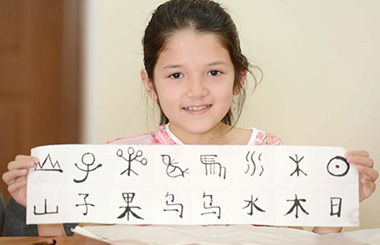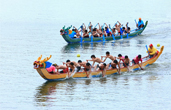Hongkonger wields pen to bridge gap with mainland
By Xing Yi ( China Daily ) Updated: 2016-06-22 08:21:36
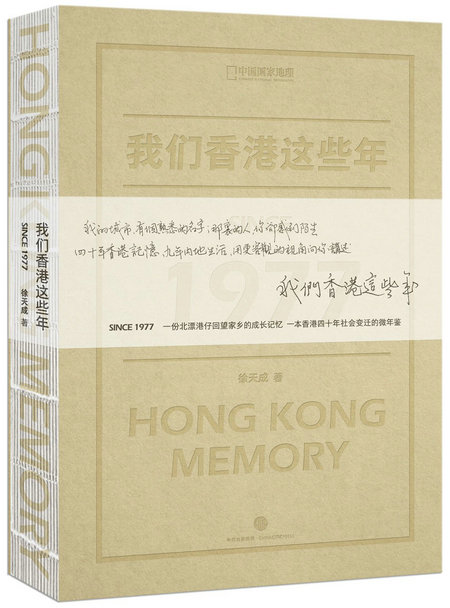 |
|
Albert Tsui has recently published Hong Kong Memory Since 1977 to promote mutual understanding between people from the two sides. [Phpto/amazon.cn] |
Born and raised in Hong Kong, Albert Tsui-a fourth-generation descendant of a mainland immigrant family-has recently published a book to offer mainland readers a glimpse of the real life and thoughts of a Hongkonger from a grassroots point of view.
Titled Hong Kong Memory Since 1977, the book written in Chinese chronologically recounts both key events in Hong Kong's history and personal anecdotes and comments relating to the events.
"I have always believed that people on the mainland and in Hong Kong will understand each other more as time passes," says Tsui. "But the misunderstandings between two sides seem to have increased in recent years."
Based in Beijing for the past nine years, Tsui says he can understand both points of view more easily, especially as controversies arise.
One of the issues he takes up is the row that erupted after Hong Kong put a quota on milk power purchases for mainland visitors in 2013. Another deals with the issue of a mainland parent allowing a toddler urinate in a Hong Kong street in 2014.
"Hong Kong people say mainlanders have no culture, and mainlanders accuse Hong Kong people of regarding themselves as superior," says Tsui. "But labeling or overgeneralization is what causes conflicts."
The book is Tsui's bid to bridge the gap.
Tsui believes that the first step toward mutual understanding is getting to know each other.
"I will be happy if my book can make people on the mainland get a sense of what life for common Hong Kong people is like," Tsui writes in the preface.
Tsui, who works in an IT company in Beijing, speaks fluent Mandarin with slight Cantonese accent, and uses WeChat, the popular instant-messaging app on the mainland, to communicate with his mainland friends.
Tsui says that the book was inspired by Taiwan author Liao Hsin-chung, who wrote We Taiwan Over These Years-a popular read on the mainland for those interested in Taiwan's modern history.
"We (Tsui and Liao) were both born in the same year, have experienced changes in our hometowns and have worked on the Chinese mainland," says Tsui.
"So when I read Liao's book, I felt inspired to write a similar one about Hong Kong from an ordinary person's perspective."
The book starts in 1977, the year Tsui was born, and ends in 2015, when his manuscript was accepted by the publishing department of Chinese National Geography.
In May, Tsui toured seven cities, including Beijing, Shanghai, Shenzhen and Guangzhou, to promote his book.
"I guess most readers will turn to this page once they open this book," Tsui writes in the chapter on 1997, the year the United Kingdom handed Hong Kong back to China.
In that chapter, Tsui shows understanding of the happiness felt by people on the mainland during the handover. He says that, due to his interactions with friends from the mainland, he sees that Hong Kong's colonial past is considered a historical shame by most mainlanders and its return is seen as a mark of the revitalization of China.
But Tsui also depicts the scene of the last British governor Chris Patten and his family leaving Hong Kong as the Royal Yacht Britannia sailed from the harbor.
Besides political events, Tsui also focuses on cultural aspects.
He writes about his alma mater Hong Kong University, Hong Kong's popular crime film series of the '90s-Young and Dangerous-and the competition between Disneyland and Hong Kong's Ocean Park.
Tsui, who worked for Yahoo in Silicon Valley in 2000 and studied law in Britain in 2002, also uses the book to compare how Americans and Britons view Hong Kong.
"In general, ordinary people in the United States and the United Kingdom don't pay too much attention to tiny Hong Kong," writes Tsui.
"But Englishmen are more concerned about how Hong Kong is doing after it was returned to China."
Tsui, who moved to Beijing in late 2006, took the National Judicial Examination in 2010.
Recalling the difficulty he faced while trying to remember laws and concepts of the mainland's legal system, which is mainly a civil-law system, he also explains the common-law system used in Hong Kong.
The book is mainly based on archived newspapers published in Hong Kong. Documentaries on YouTube and video-streaming websites also helped Tsui to recall and write about events he did not witness.
Responding to criticism of his effort, Tsui says: "Some Hongkongers criticize me for speaking in favor of the mainland, but all I wrote are words from my heart.
"Everybody has a different understanding of the same historical events. My suggestion to those who disagree with me is to write a book themselves."
Tsui says originally he did not plan to stay in Beijing for too long but gradually changed his mind.
"The mainland is undergoing tremendous change, and one reason I chose to stay is to witness the change in person," says Tsui.
Contact the writer at @chinadaily.com.cn
|
|
|
|
|
|
|
|

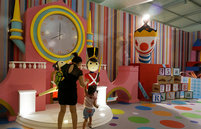
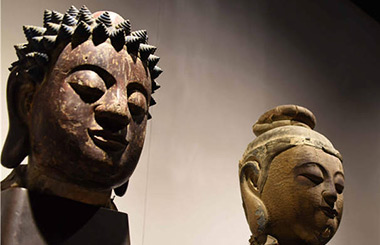
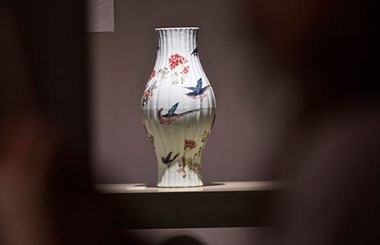


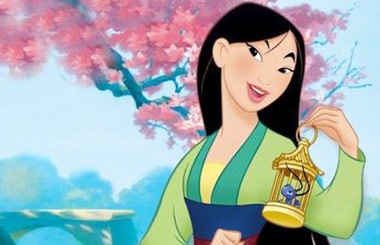


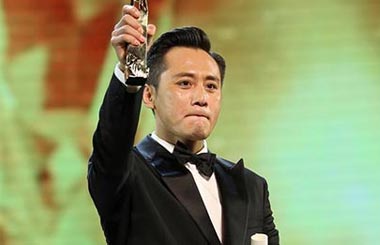

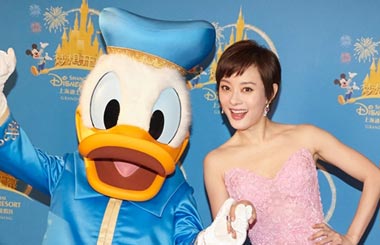



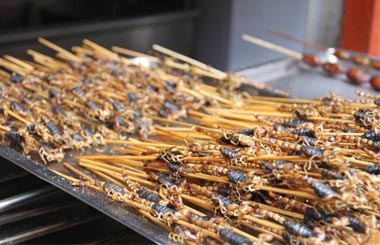







 Raymond Zhou:
Raymond Zhou: Pauline D Loh:
Pauline D Loh: Hot Pot
Hot Pot Eco China
Eco China China Dream
China Dream China Face
China Face


